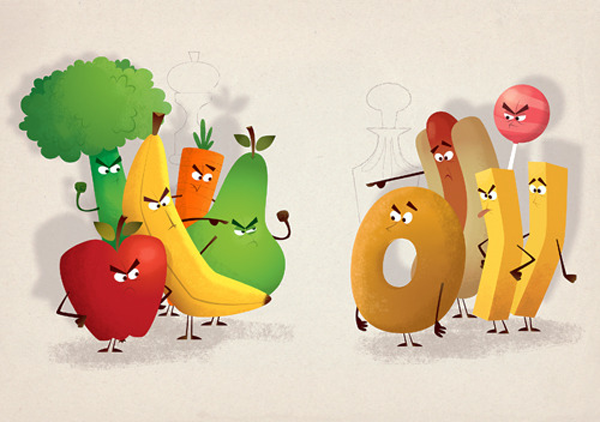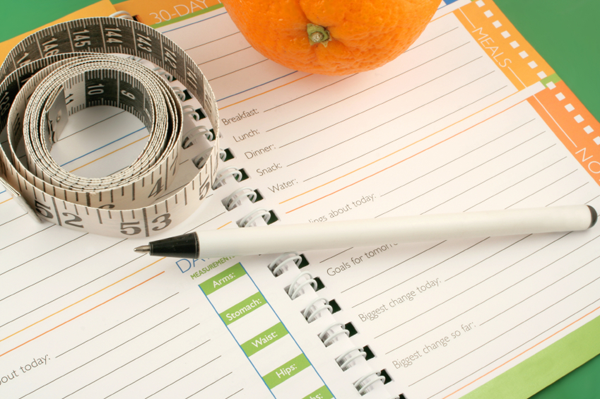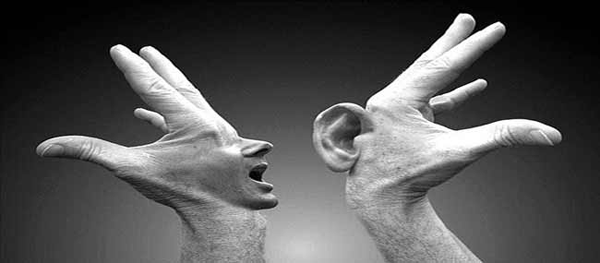Science tells us that 3,500 calories coming or going will make the difference in gaining or losing a pound of body fat. Well that’s a fun fact to be aware of as you eat…..and science is great, but sometimes it makes things a little more complicated than it really needs to be. If you’re getting a headache trying to do massive math equations trying to figure out your daily diet, then let me tell you why counting calories might be a waste of your time.
First of all, do you think the first olympians in Greece counted calories? Or the Native Americans? Or paleolithic people? Not a chance! They didn’t even know what a calorie was. They just at a natural diet, moved around, lifted things up, threw things, etc.
It’s Not About The Calories!!!
Yes, calories are important. They give us energy to live and move. But counting calories makes you so worried about not eating more than 1500 or 2000 calories per day that you lose sight of what you’re actually eating!
The amount of calories that you eat is only a fraction of overall health. You can eat a 1500 calorie diet every single day, be skinny as a rail and still be very unhealthy. It goes the other way around as well. You can be overweight and be completely malnourished.
What’s The Value Of A Calorie?
The only thing that gives a calorie value is the amount of nutrition that it brings to your body. You can eat a couple boxes of Oreo cookies and get an entire day’s worth of calories…….but you literally haven’t given your body anything it needs.
Your focus should be more on the quality of food than the amount of calories are in the food. That is what really matters for optimal health.

So You’re Saying I Shouldn’t Worry About Calories?
No, I’m not saying calories aren’t important. That’s what nutrition facts are for. You absolutely should take into account how many calories are in each food in order to make general healthy decisions.
You should also take into account how much fat, sugar, vitamins, etc. that you’re getting in return for those sacrificed calories.
Be Practical
Let’s be honest, doing algebra equations while trying to figure out approximately how many calories you’re still allowed to eat before bed is totally impractical, and it’s not really teaching you anything. If you’re a beginner, just starting out on your fitness journey, trying to count everything will be so frustrating that you’ll want to quit.
You can try to use an Iphone app or some other counting method, but chances are, at the end of the day there will be a huge margin of error and you won’t know exactly how many calories you downed anyways.
So When Is Keeping Track Ok?
Food can be really sneaky. It seems to just pop into your mouth without you even noticing sometimes. Eating can be a subconscious habit that you do because of stress, anxiety, or just boredom.
In these cases it’s beneficial to keep a diet journal that doesn’t attempt to keep track of the exact amount of calories. It just makes you more aware of your food choices and when you’re eating.

Some competitive athletes like bodybuilders, figure competitors, and weight-dependent athletes like boxers & jockeys have to count calories to reach their goals. But it’s part of those sports. They are proficient at it and normally consult with professional nutritionists.
If you choose to make a valiant attempt at counting all your calories, then more power to you! It’s not a bad thing if you’re accurate and it’s something that you enjoy. It becomes bad when you start to resent a healthy diet because of it.
Solution: Listen To Your Body
The only solution is to listen to what you’re body is telling you about your needs……Yes, it talks!
You can listen to what your body needs in a few different ways. None of them will give you the full picture, but you just have to piece things together:

- The Scale – I’m a little hesitant to talk about scales, because people tend to get slightly sensitive about it. You have to realize that body weight fluctuates, especially in athletes and women. 5 pounds here and there could just be water weight.
Also, if you’ve just started a workout plan to lose weight, you might wonder why you’re initially gaining weight. Well, if you’ve never worked out before you’re going to gain some muscle tissue before you lose the extra fat. You have to take the scale reading with a grain of salt!!
- Hunger Sensation – The sensation of hunger is a natural cue telling you when your body is looking for some calories to replenish energy.
Think of it as a whining child. You’re not always going to give it what it wants. You have to consider what you’ve already had to eat. Also, when you’re not hungry anymore that usually means that your body has had enough. So save the rest of your meal for later!
- Fatigue – Fatigue at work, and especially during workouts is a big tell-tale sign of what you need.
If you’re light headed, your muscles are cramping, or you’re fatiguing way quicker than usual, you might be hypoglycemic or dehydrated and in need of a snack.
- The Mirror – This is another one that I really want you to be careful with. God blessed us each with different bodies, and naturally we have have aesthetic improvements that we would like to achieve.
The bottom line is…. there’s a fine line between looking at yourself from a health standpoint, and just flat out judging yourself.
Listening to your body takes practice. It’s all about making the healthiest possible decisions, seeing how your body reacts, and then making some changes.
Don’t get hung up on counting calories. More often than not it’s just a waste of your time. If you have any questions or educated comments please feel free to leave a comment below, or contact me. If you liked this article please share it on facebook. I think you’ll also enjoy how to Start Clean Eating Right Now.
 About Adam Pegg
About Adam Pegg



